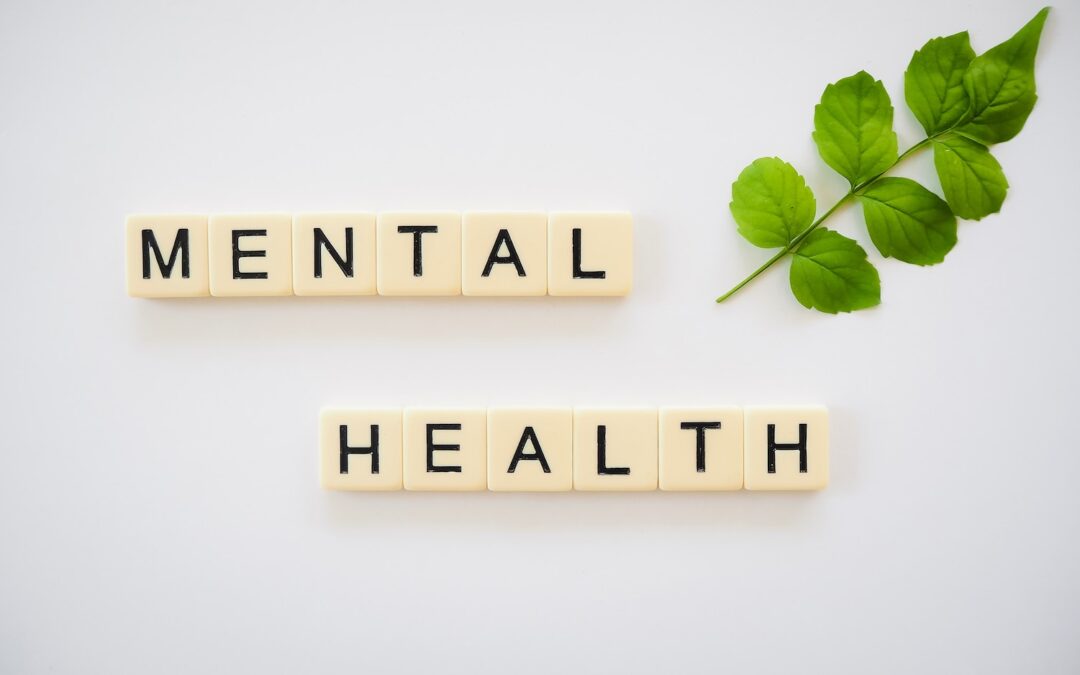Depression is a serious mental health condition that, if left untreated, can have a significant impact on various aspects of a person’s life. Additionally, depression is sometimes associated with or can contribute to the development of other mental health disorders. Here are some disorders that may be linked to or co-occur with depression:
- Anxiety Disorders:
- Depression often coexists with anxiety disorders. Generalized anxiety disorder (GAD), panic disorder, social anxiety disorder, and other anxiety-related conditions may accompany depression.
- Bipolar Disorder:
- Some individuals with depression may later be diagnosed with bipolar disorder, characterized by episodes of depression alternating with periods of mania or hypomania.
- Substance Use Disorders:
- People with depression may turn to substances such as alcohol or drugs as a way to cope, which can lead to the development of substance use disorders.
- Eating Disorders:
- Depression can be linked to eating disorders such as anorexia nervosa, bulimia nervosa, or binge-eating disorder.
- Personality Disorders:
- There is a correlation between depression and certain personality disorders, such as borderline personality disorder.
- Attention-Deficit/Hyperactivity Disorder (ADHD):
- Depression can co-occur with ADHD, and individuals with ADHD may be more susceptible to developing depression.
- Post-Traumatic Stress Disorder (PTSD):
- Individuals who have experienced trauma may develop PTSD, which can include symptoms of depression.
- Chronic Medical Conditions:
- Depression is often associated with various chronic medical conditions, such as cardiovascular diseases, diabetes, and chronic pain conditions.
- Sleep Disorders:
- Depression can disrupt sleep patterns and contribute to the development or exacerbation of sleep disorders, such as insomnia.
It’s important to recognize that these associations do not imply causation in all cases. Mental health conditions are complex, and the relationship between depression and other disorders can be influenced by a variety of factors, including genetic predisposition, environmental factors, and individual differences.
Early intervention and appropriate treatment for depression can help reduce the risk of developing additional mental health disorders. If you or someone you know is experiencing symptoms of depression or any mental health concerns, it’s crucial to seek professional help for an accurate diagnosis and a suitable treatment plan.
Remember, if you need further guidance or support, don’t hesitate to reach out to your mental health professional or contact us for assistance.
